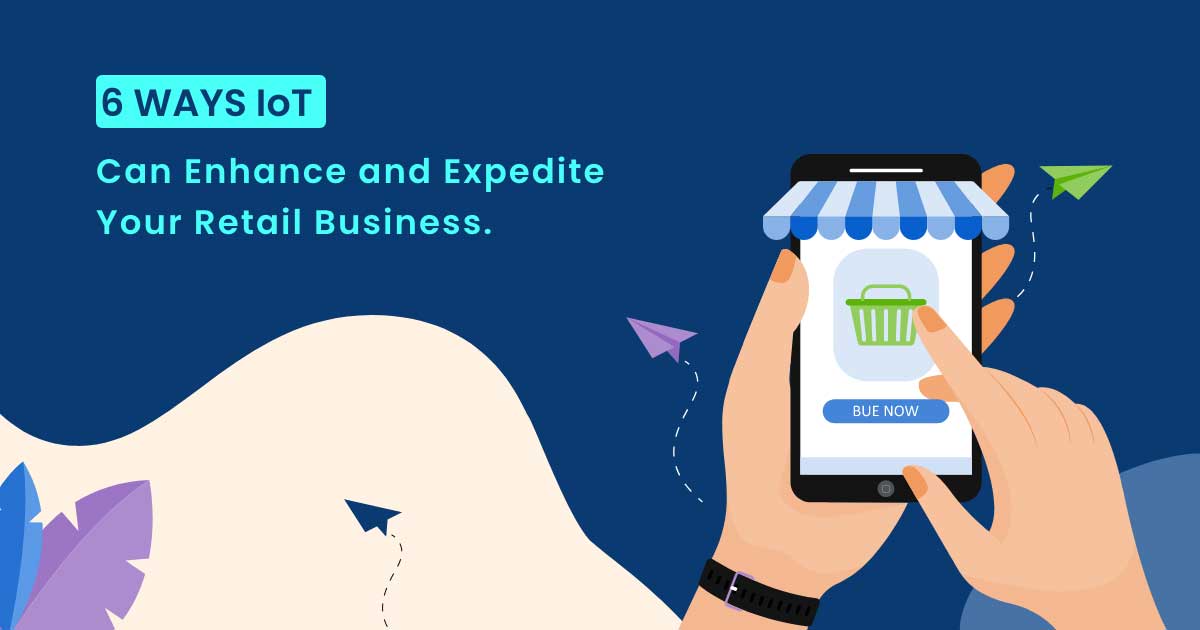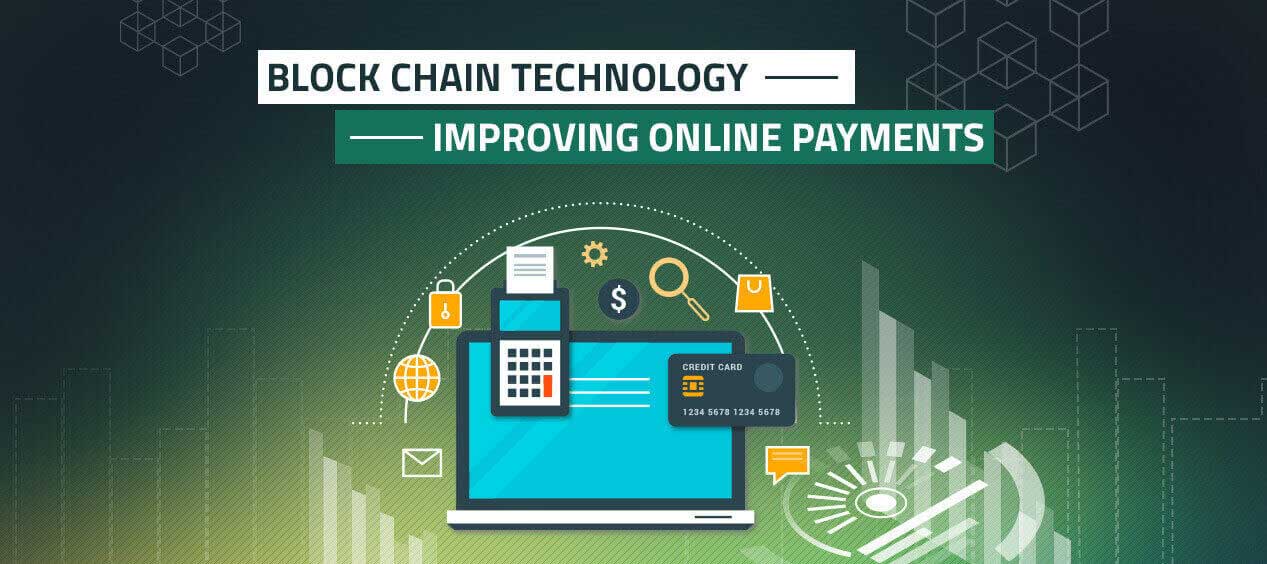Blockchain is transforming e-commerce by adding unmatched security, transparency, and trust to transactions. With features like immutable records, decentralized verification, and fraud prevention, it helps businesses build credibility while protecting customers. From payments to supply chain tracking, blockchain ensures safer, faster, and more transparent online shopping experiences.
How Blockchain is Redefining Trust in E-commerce
E-commerce has become an essential part of our daily lives, offering unmatched convenience. But alongside the growth of online shopping, concerns around fraud, counterfeit products, and data misuse have also grown. Customers want to feel safe when they shop, and businesses want to deliver that assurance. This is where blockchain is beginning to make a real difference.
Security Beyond Traditional Systems
Every online purchase involves sensitive information. In traditional systems, this data is stored in centralized servers that are frequent targets of cyberattacks. Blockchain takes a different approach. By using a decentralized and tamper-proof ledger, it makes it extremely difficult for hackers to alter or steal transaction records. Each purchase becomes part of an irreversible chain, giving both buyers and sellers confidence that data cannot be manipulated.
Making Supply Chains Transparent
Customers today want to know more than just “what” they are buying—they want to know “where” it comes from. Was the product authentic? Was it ethically produced? Blockchain enables that level of visibility by recording every stage of a product’s journey, from manufacturing to final delivery. Whether it’s organic food, designer clothing, or critical medicines, the ability to trace origins builds trust and strengthens loyalty.
Direct Connections Through Decentralized Platforms
One of the criticisms of traditional e-commerce marketplaces is the heavy reliance on intermediaries. These platforms charge significant commissions and often dictate how sellers operate. Blockchain-based decentralized platforms allow businesses to connect directly with their customers, cutting unnecessary fees and delays. Sellers retain more control, and buyers enjoy fairer pricing with greater transparency.
Smarter Transactions with Smart Contracts
Disputes over deliveries, refunds, or service commitments are common in online trade. Smart contracts—self-executing agreements built on blockchain—help reduce these issues. For instance, a contract can automatically release payment only after a buyer confirms delivery. This reduces human error, minimizes conflict, and speeds up resolution, creating a smoother experience for both sides.
Payments Without Barriers
Cross-border payments often involve banks, gateways, and extra costs. Blockchain payment systems remove these intermediaries, enabling faster and cheaper global transactions. For businesses expanding internationally, this makes online trade more accessible and efficient.
Building Long-Term Trust
At its core, e-commerce depends on trust. Customers need to believe the products they order are genuine, that their payments are secure, and that the seller will deliver as promised. Blockchain provides that assurance by making every step of the transaction visible and verifiable.
Conclusion
Blockchain is not just another tech trend; it’s a tool that addresses some of the biggest pain points in e-commerce—security, transparency, and trust. Businesses that embrace it today will not only protect their customers but also set themselves apart in a highly competitive market.












